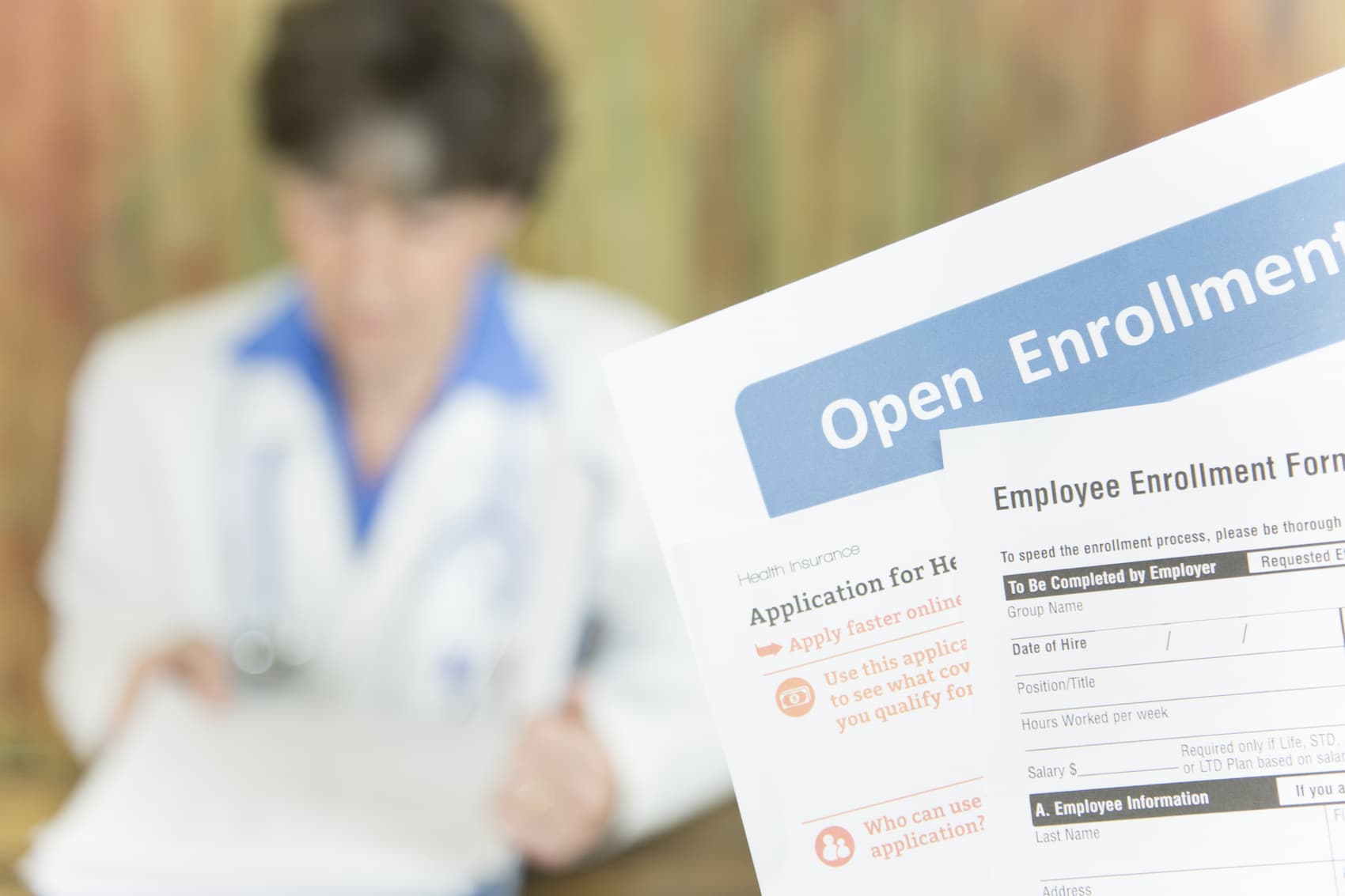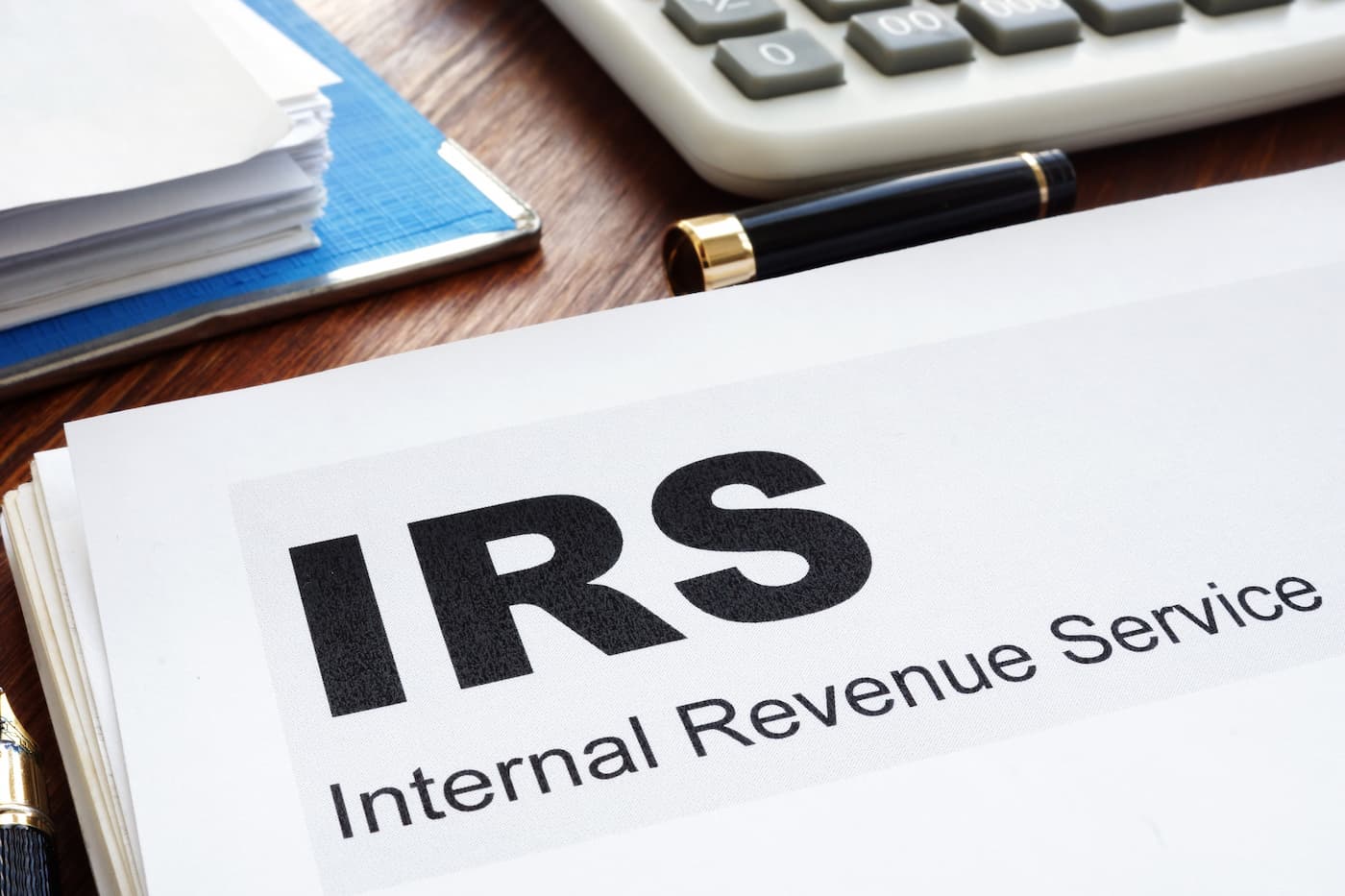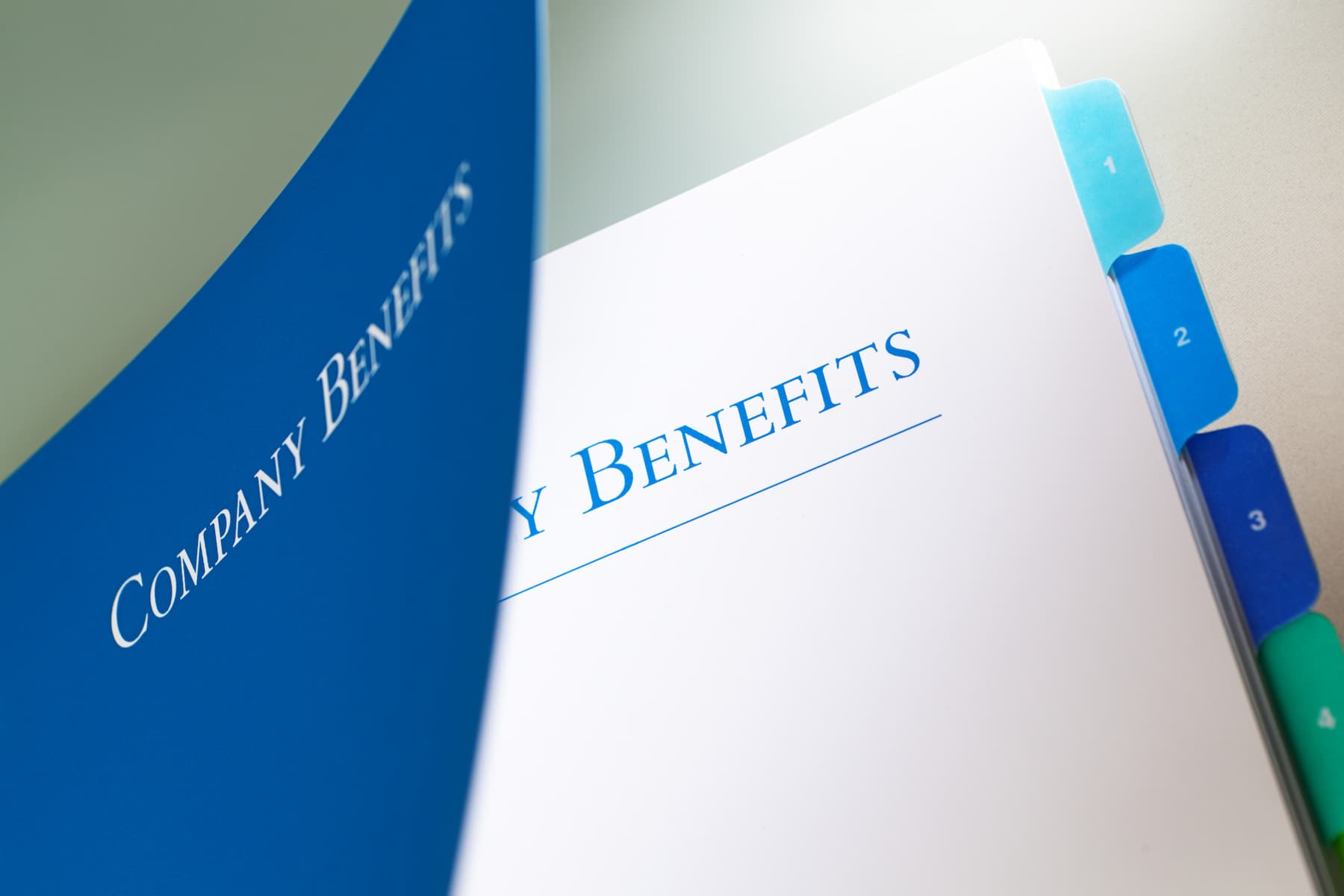Written by
Will Miranne
Will is an aPHR-certified writer on the marketing team at BerniePortal. He writes about healthcare, human resources, and benefits.
FSA-Eligible Products: Everything Employees Need to Know

Generally, an FSA product’s eligibility is determined by the likelihood that it will be covered under the FSA itself. The IRS defines this as “qualified medical expenses.” For a product to be considered eligible, the primary function of said product should be diagnosing, treating, curing, mitigating or preventing medical conditions.
Health-related products geared toward hygiene and personal care concerns will not be included. This includes products such as gym memberships, toothpaste, and deodorant.
Read on to learn about some of the more interesting products that are actually considered FSA-eligible. For more general information on FSAs, check out What Is an FSA?
Six Surprising FSA-Eligible Healthcare Products and Services
Many FSA owners may still be wondering which products are actually covered under the eligibility requirement. The FSA Store, a digital marketplace and resource, has a comprehensive list of FSA-eligible products and medical services, which are then sorted and categorized for ease of use.
We have compiled six of the most surprising FSA eligible products that you can begin taking advantage of right away. From service animal training to sleep deprivation treatment, these medical products and services are eligible to be purchased using a wide variety of FSAs:
-
Service or Companion Animals: This is one of the more interesting products on our list. The option to gain reimbursement for service animals is a feature that many people are entirely unaware of. Everything from buying and training to maintaining a service or companion animal is covered and considered a medical expense. As a note, there are certain requirements that must be met for the expenses to qualify, as laid out by the IRS.
-
Sleep Deprivation Treatment: This is another product that is actually considered a medical expense and therefore eligible for FSA reimbursement. However, the FSA Store Eligibility List notates that individuals who own a limited care flexible spending account (LCFSA) or a dependent care flexible spending account (DCFSA) are not eligible to use funds for reimbursement of this product.
-
Thermometers: With COVID-19 creating such a society-altering impact, products such as thermometers are more important than ever. High temperatures are a common symptom of COVID-19, making a thermometer a household staple. Thankfully, they’re qualified products for individuals using FSA funds, but again, it is not eligible for reimbursement via LCFSA or DCFSA funds.
-
Vision Correction: This category includes prescription glasses and reading glasses. Those who wear prescription eyeglasses will need a subscription from an eye doctor to utilize the reimbursement. There is no prescription needed for reading glasses. Contact lenses are also covered under this category with a prescription, and beyond that, LASIK eye surgery is also reimbursable with FSAs.
-
Sunscreen: Sunscreen is another product that you may not consider right away. But rest assured it is actually eligible for reimbursement. Both standard sunscreen and sunscreen for children are eligible, though this excludes DCFSA or LCFSA funds.
-
Menstrual Care Products: Thanks to a new provision in the CARES Act, It is now much easier for individuals with FSAs, HSAs, and HRAs to pay for necessary healthcare products, including feminine hygiene products like tampons and menstrual pads. The CARES act also dissolved the prior requirements stating that a prescription was required in order to use FSA funds on non-prescription medications.
It is important to recognize which expenses will be considered FSA-qualified so that you can make the most of your available funds. Many people may not realize just how many different options are available to them, especially products they likely purchase regularly. This list was only a small portion of the available options. The FSA Store lists all health-related products, whether or not they are FSA-eligible, and under what conditions they are eligible as well.
Keep in mind that because these funds will not roll over, gaining a clear idea of which items are eligible will help you throughout the year to both save money and avoid seeing those funds dissolved should they not be utilized before years end.
Additional Resources
You can stay informed, educated, and up-to-date with important HR topics using BerniePortal’s comprehensive resources:
- BerniePortal Blog—a one-stop-shop for HR industry news
- HR Glossary—featuring the most common HR terms, acronyms, and compliance
- HR Guides—essential pillars, covering an extensive list of comprehensive HR topics
- BernieU—free online HR courses, approved for SHRM and HRCI recertification credit
- HR Party of One—our popular YouTube series and podcast, covering emerging HR trends and enduring HR topics
Written by
Will Miranne
Will is an aPHR-certified writer on the marketing team at BerniePortal. He writes about healthcare, human resources, and benefits.
Related Posts
For most organizations in the United States, Q4 means juggling the end of the fiscal...
Navigating healthcare benefits can feel like a maze of acronyms, rules, and options....
One of the most important forms HR pros will encounter is IRS Form 941, the Employer's...
HR pros know that compliance is crucial to their organization’s success. Although you may...







Submit a Comment